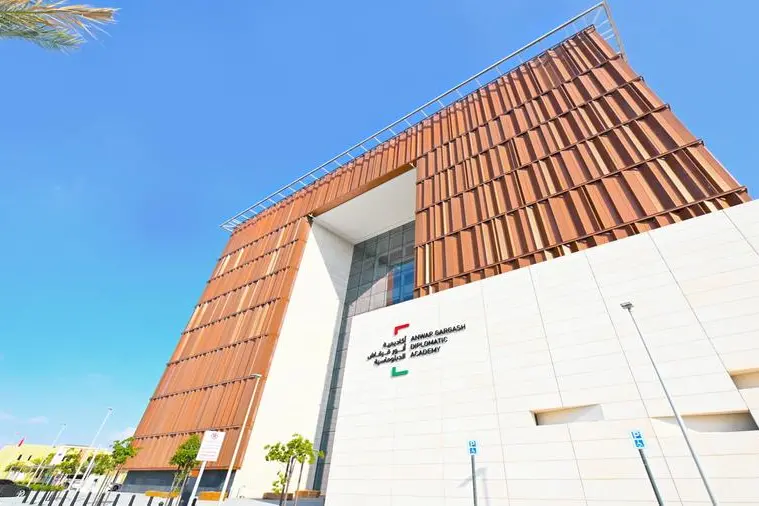Informed by key discussions, debates and recommendations that came out of the ACCORD-hosted Southern African Women Mediators Seminar (SAWMS) which was held from 21 to 24 November 2012, the recently published Policy & Practice Brief (PPB) titled ‘Mediating peace in Africa: Enhancing the role of southern African women in mediation’ makes the case that women, although capable, remain an untapped resource for mediation efforts.
Written by Melody Mbwadzawo and Nomfundo Ngwazi, the brief argues that it is important for relevant organisations engaged in peacemaking to focus on strengthening their support for the increased capacity and participation of women in peace processes. Although the necessity of including women in peace processes is widely acknowledged, most mediation processes nonetheless continue to fail to include and encourage the voices and representation of women. Promoting women’s capacity to participate in peace processes is crucial for the advancement of women in peace, development and security. Southern African women have demonstrated that they can be adept at mobilising diverse groups for a common purpose, working across ethnic, religious, political and cultural divides to promote peace, yet they remain excluded from equally contributing to formal peace processes.
Mbwadzawo and Ngwazi examine the factors that hinder women’s full and equitable participation in mediation processes in the southern Africa region, and offer recommendations which can contribute to the sustainable resolution of the persisting absence of women at negotiating tables. The PPB also presents and analyses case studies that show the evolution of the involvement of southern African women in peace processes using the examples of Madagascar, Mozambique and Zimbabwe. Their analysis of developments in the three countries illustrates pivotal roles played by both women’s organisations and women political and influential figures in each of these initiatives. The authors argue that in light of women’s participation in their social circles, it is clear that the inclusion of women as mediators will ensure that a wider range of experiences, perspectives and capacities are brought to the mediation table. The positive implications of women’s participation cannot be overemphasised.
While the international community may claim that there are no women available to take part in peace talks, women in the region are doing consistent and effective work at both the formal and informal levels as mediators. Important platforms such as the SAWMS highlight the need to elevate the knowledge and experiences of women mediators to the international arena for the benefit of many. There is also need to work on enhancing research, and dissemination of data, which focuses on the roles and successes of women mediators.
The PPB contributes to ACCORD’s peacemaking work and in particular advances the institution’s focus on ensuring the equal participation of African women in all aspects of conflict resolution and management.






